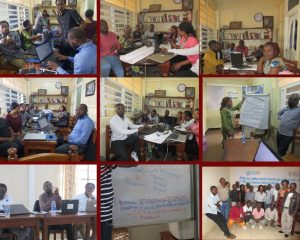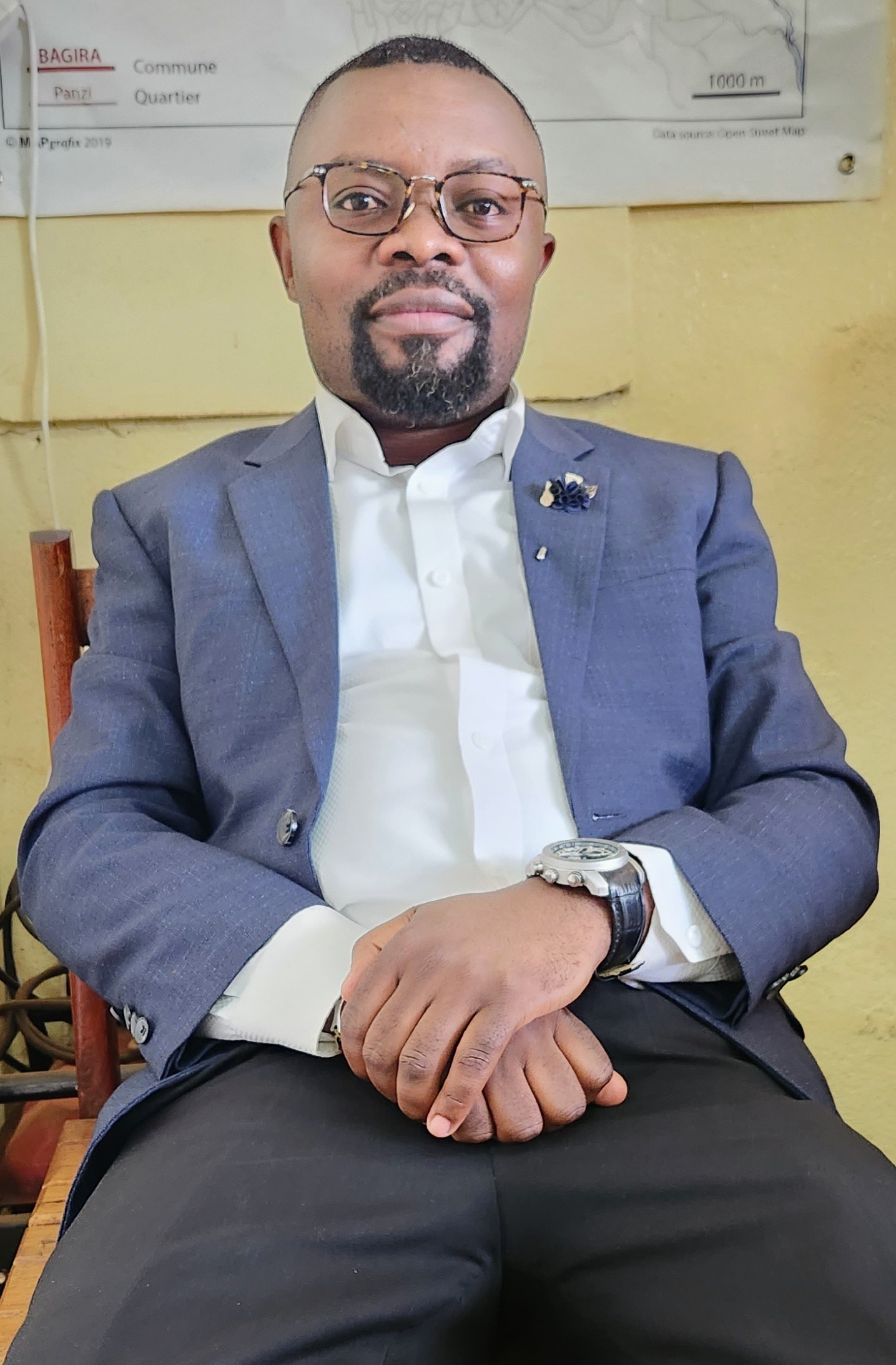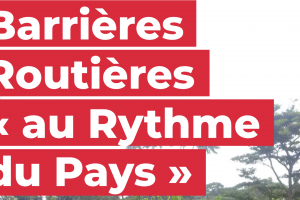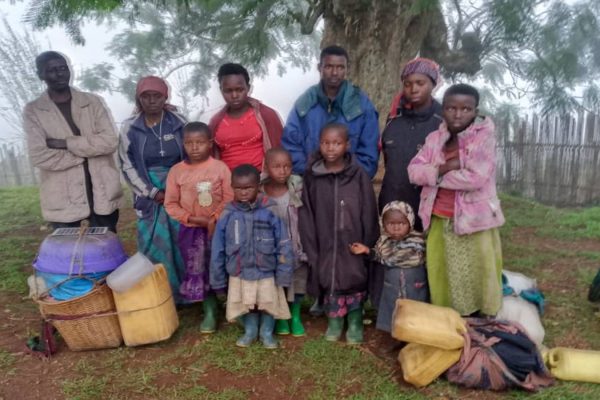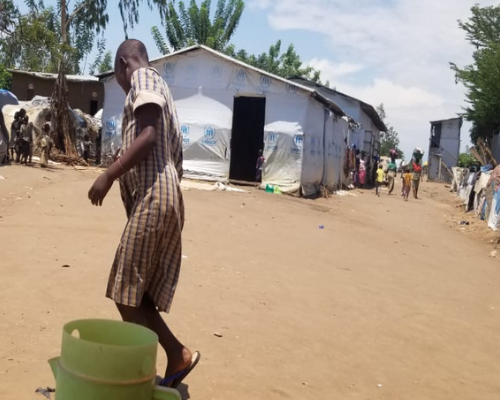Bienfait Kazamwali Mukamba, Researcher, Groupe d’Etudes sur les Conflits et la Sécurité Humaine (GEC-SH) based at the Centre de Recherches Universitaires du Kivu (CERUKI) at the Institut Supérieur Pédagogique (ISP) of Bukavu, Democratic Republic of Congo
Climate disturbances are at the root of long periods of drought as well as heavy rains in many regions of the world, both of which threaten human security. The Democratic Republic of Congo is not spared from this reality. The Ruzizi Plain in South Kivu Province is an area populated by several ethnic groups, most of whom are farmers and herders, as the soil is very rich. However, for some years now, this region has been experiencing serious seasonal changes, such as six to nine months without rain followed by heavy showers that ravage houses and fields and sometimes kill people. This situation is at the root of insecurity and tension within the local population. The long periods of drought cause a shortage of water for farmers and cultivators as well as for the rest of the local population. Heavy rains, on the other hand, cause flooding of houses, fields, and people, resulting in homelessness, starvation, and loss of life. These climatic disturbances in the region undermine the security of local populations; they also cause conflict between ethnic groups over water and exacerbate other pre-existing issues. The main question to be asked is: Faced with the effects of climate change in the Ruzizi Plain, how should water be managed?
https://www.pasiri.org/_files/ugd/d71c2d_a244a8d0942947b282ee75621715ceb6.pdf

